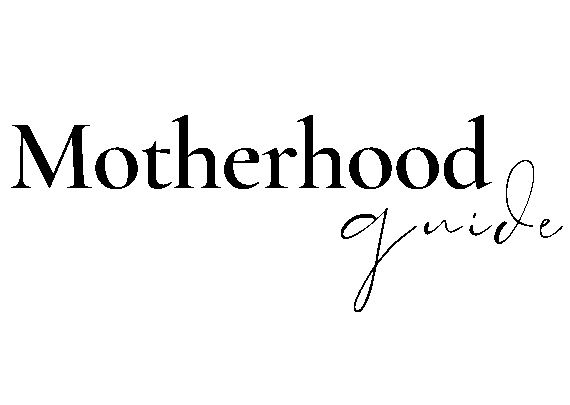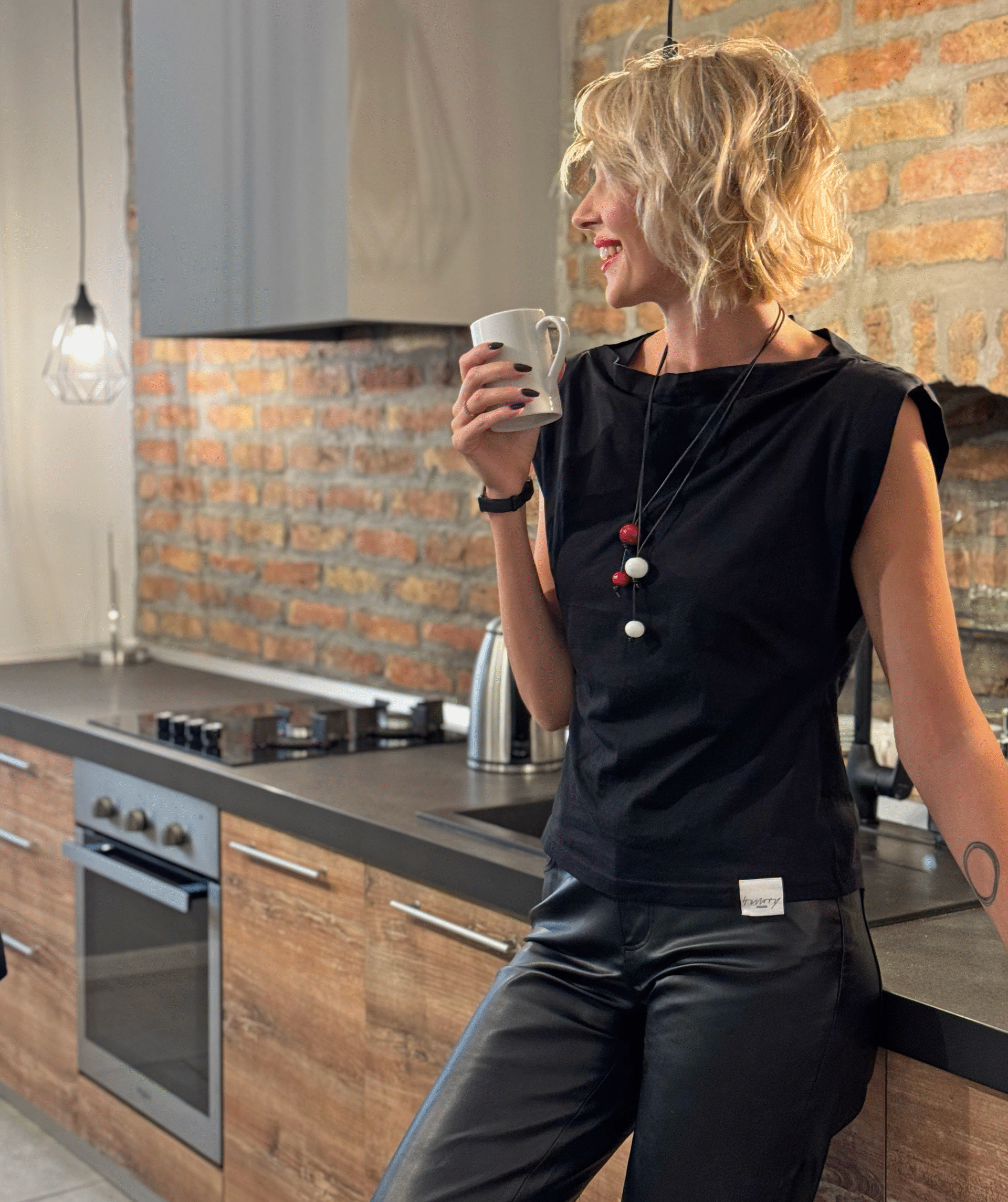Everywhere I go, there’s always that woman – the one who never stops cleaning. She’s wiping, scrubbing, polishing, vacuuming.
I’ve seen it everywhere:
-
My neighbour in Lithuania, obsessed with spotless floors.
-
A woman in Malta who cleaned her windows every single day.
-
And here in Greece? One who hoovers twice a day without fail.
It’s not cultural. It’s universal. Women clean as if their existence depends on it. It’s as though tidying up isn’t just an action; it’s a way of saying, “I matter. I sacrifice for this family.”
In this sense, cleaning isn’t just a chore. It’s a goal. The ultimate task that defines the day.
They like to complain about it, how tired they are, how the family never appreciates it. They feel frustrated that others “ruin” their hard work. But here’s the question I can’t stop wandering: If you took cleaning away, let’s say a miracle happens and homes clean themselves, what would they do instead? Would they feel relieved… or lost?
The Clean House = Good Woman Myth
Society has conditioned women to believe their worth is measured by the shine on their floors. According to a 2022 study by the American Cleaning Institute, 88% of women still bear the primary responsibility for household cleaning, even in homes where both partners work full-time. The message is clear: If your home isn’t spotless, you’re failing as a woman.
A global Ipsos survey found that women worldwide spend an average of 3 times more hours on unpaid household work than men – much of it cleaning.
But why do we cling so hard to this ritual? Why does it still feel almost… primal?
There’s something deeper than dust behind this behavior. Psychologists say that for many women, cleaning isn’t just about hygiene. It’s about control and self-worth. When life feels overwhelming, scrubbing a sink or vacuuming a floor offers a sense of order. It’s a coping mechanism.
Dr. April O’Neill, a psychologist specialising in domestic behaviors, explains:
“Women often tie their identity to the state of the home because society reinforces this connection. When the house is messy, they feel they’ve failed—not just at cleaning, but as a mother, a wife, a woman.”
This explains why so many women feel restless when the house is untidy, it’s not just about dirt. It’s about self-image.
My Own Family Story: A Tale of Two Opposites
My parents were a cleaning disaster, but in very different ways. My mother hated cleaning. My father, on the other hand, dreamed of living in a museum, where everything stayed perfectly arranged and dust-free (and people-free) forever.
We even had a “showroom”: a perfectly arranged room with the best furniture and china, reserved for guests only. We weren’t allowed in except on very special occasions. The concept of clean to the perfection and with no soul was not in my home only, almost every friend of mine had one.
My mom always struggled to maintain this illusion of perfection, not because she didn’t want a nice home, but because she was never taught how to make it functional and easy to maintain. The house itself didn’t help. Drawers stuck, storage was practically non-existent, and the rooms were designed with zero sense of ergonomics. This was typical of Soviet-era homes, built without any thought for human, let alone women happiness or convenience. We didn’t even have proper cleaning tools, no dish soap, no sponges. Keeping a big house clean under those conditions was a losing battle and a source of never ending domestic arguments.
Is It Trauma or Instinct?
For years, I thought women who clean obsessively were just carrying post-Soviet trauma. But after living in different countries and meeting the same pattern everywhere, I’ve come to a different conclusion: it’s chronicle nesting.
A primitive, unsatisfied instinct. A purpose we’ve been handed for generations, exactly as my father taught me: Your home is your reflection. Your worth is your cleanliness.
But here’s the problem: nobody teaches us how to make a home functional and beautiful without turning cleaning into a full-time job.
We don’t learn how to:
✔ Organise spaces so they work with us, not against us.
✔ Match colours and textures so a child’s toys look like part of the home, not a random colourful plastic chaos.
✔ Organise cupboards so they look intentional, not stressful.
Imagine if we built homes for living, where surfaces, storage, and tools supported happiness instead of constant scrubbing. Where design made sense, and beauty didn’t come at the cost of exhaustion.
I myself never had any issues with cleaning. I do it when I feel like it. I don’t hate it, it’s my home, my choice, my mess. If the dishes wait a little longer, it doesn’t ruin my day. I own my space, and I clean because I want to, not because it defines me. My home isn’t a showroom; it’s a place for living, laughing, making memories.
But when I see a woman whose daily purpose seems to revolve around cleaning, I can’t help but wonder: What else could her life hold if cleaning wasn’t the main storyline?
What if homes really did take care of themselves? If a miracle happened and floors stayed spotless, dishes washed themselves, and laundry folded on its own, what would she do?
Would she rest without guilt?
Would she pick up that book she’s been meaning to read for years?
Would she learn a language, start a business, or maybe start painting?
Would she dance, garden, or simply enjoy her children instead of chasing after them with a mop?
The truth is, so many women say, “I don’t have time.” But time isn’t the real enemy, burying yourself in never-ending tasks is. Because if the daily chores suddenly vanished, no dishes, no laundry, no crumbs to sweep, what would seize your day?












